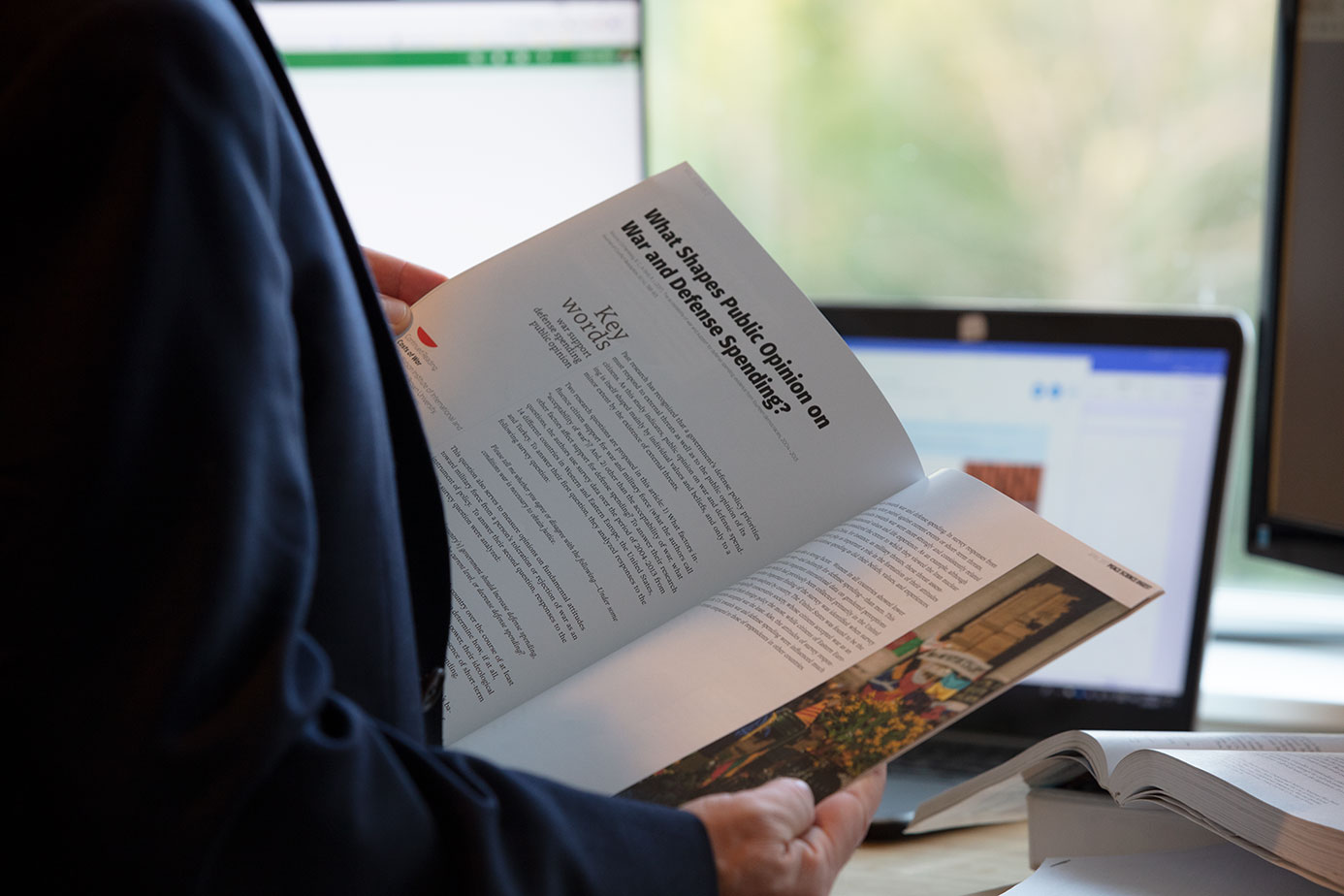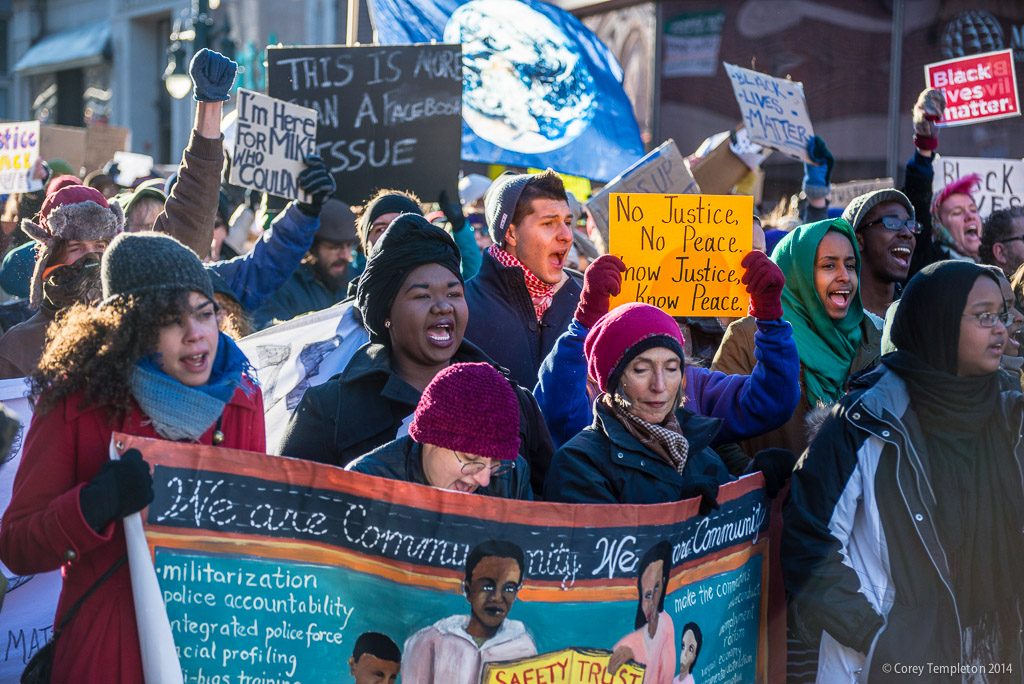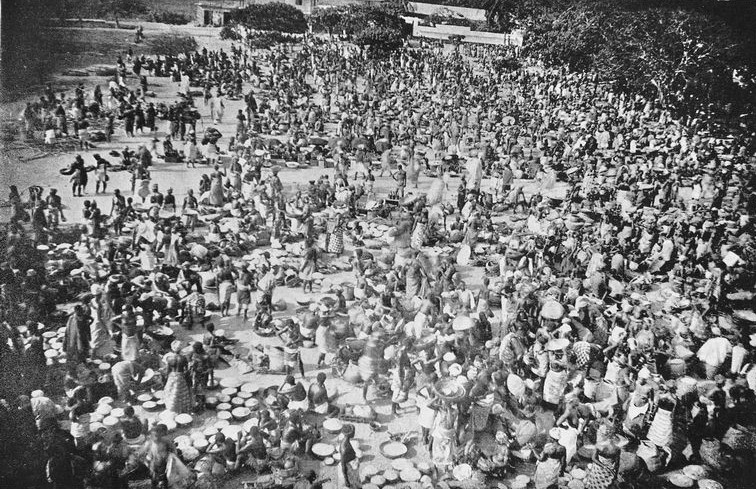
How Women’s Situation Rooms Harness Gender to Prevent Political Violence
In various West African countries, women’s situation rooms (WSRs) monitor election-related violence and more, which enables them to respond to emerging crises.

Police Fragmentation Increases Risk of Conflict Recurrence and Human Rights Abuses in Post-Conflict Countries
Police fragmentation results in a higher risk of conflict recurrence and “greater discretion in the use of violence…against the civilian population” in post-conflict countries.

Local Capacities for Preventing and Rejecting Violent Conflict
The very existence of peaceful societies demonstrates that communities have options and agency even in the broader context of wartime violence.

Thinking About “Safety” and “Security”
Due to a broader context of militarism, “security” has become closely associated with military and/or armed approaches to defense and protection.

Familiarity as a Means of Protecting the Community Against Atrocity Crimes
In the context of violence in South Sudan, civilians leveraged relationships to overcome protection gaps left by external actors.

The Role of Community Gender Norms and Relations in Both Mobilizing and Preventing Violence in Jos, Nigeria
Different norms of masculinity, and the broader community’s cultivation of these, as well as women’s roles in encouraging or mitigating violence, significantly influence whether a community will mobilize for violence or resist participation in violence amidst communal conflict.

Beyond Victims or Peacebuilders: Women’s Participation in Security in Mathare, Kenya
When women’s contributions are overlooked due to an overwhelming focus on men’s security activities, “gendered political participation, social relations and socio-economic inequalities” are also overlooked as key components of security.
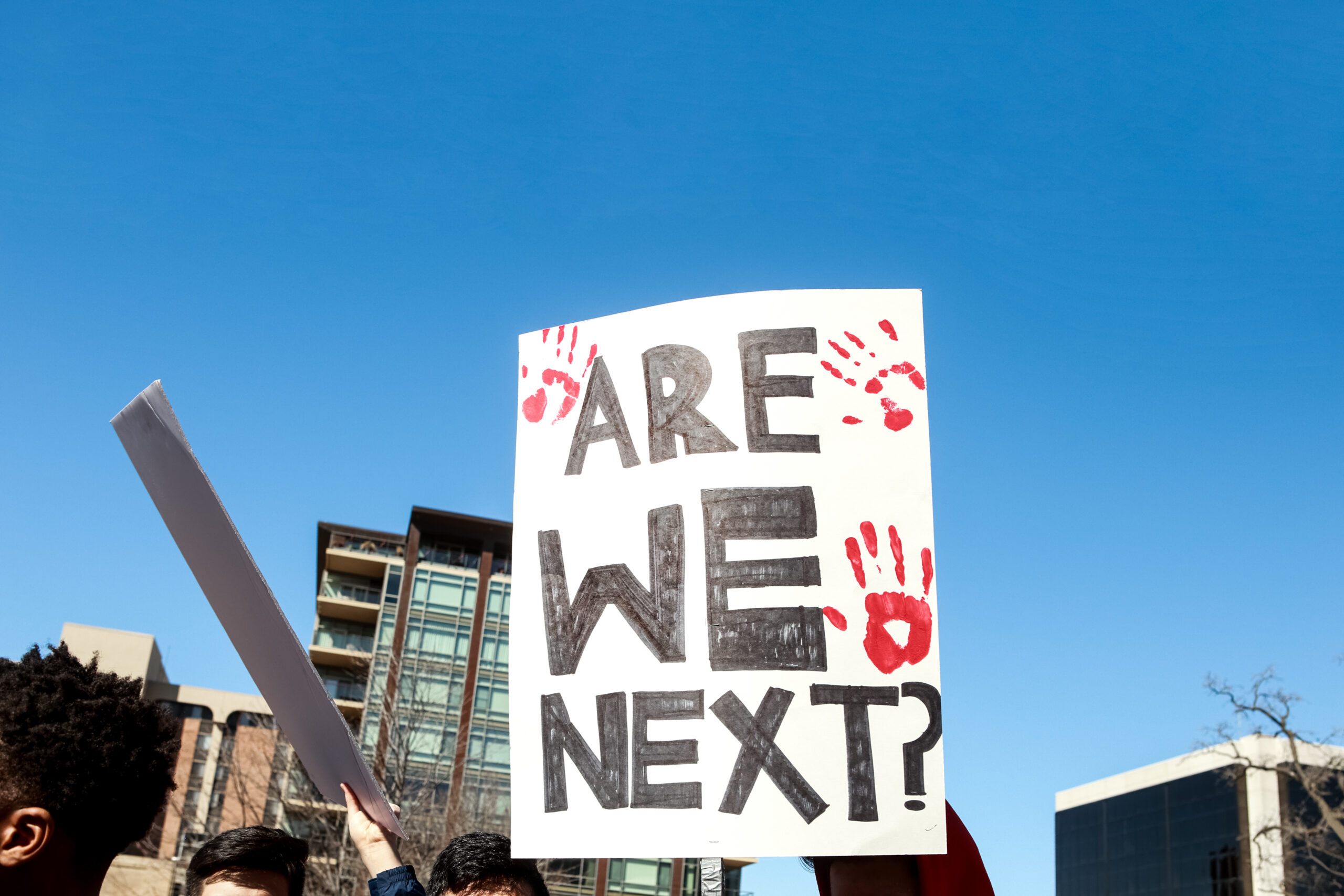
A Trauma-Informed Healing Approach to Urban Gun Violence
A public health-informed approach acknowledging racial trauma and emphasizing individual healing is a promising way to address urban gun violence.
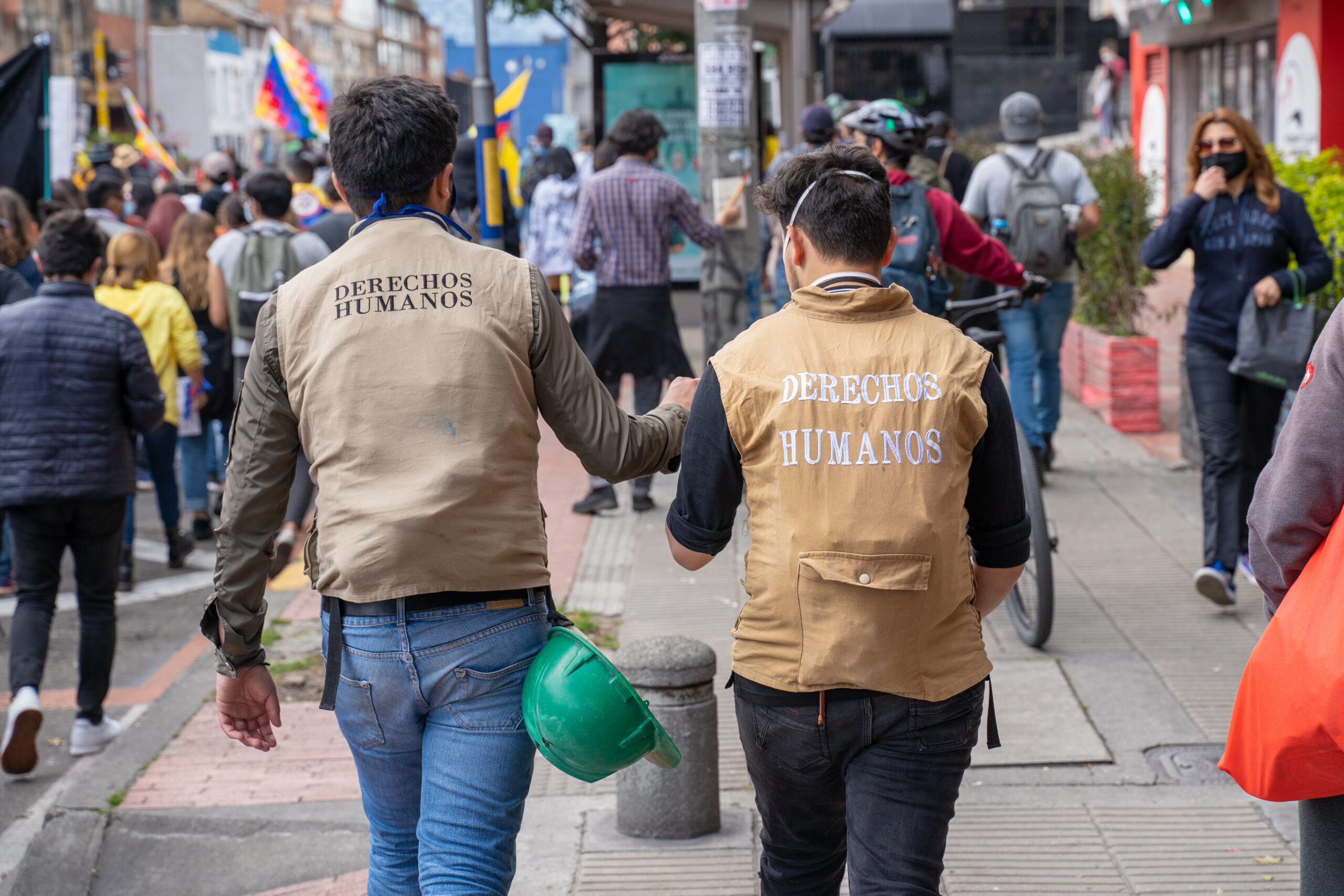
Colombia in Focus: Informing Practice
Contrary to mainstream thinking, armed actors are sensitive to more than just the threat or use of violence against them. When contemplating ways to protect civilians in the context of armed conflict, both local communities and external organizations can leverage multiple nonviolent forms of influence in their interactions with armed actors.

Colombia in Focus: The ICRC’s Support for Communities’ Self-Protection Efforts in Colombia
Communities and the ICRC have complementary protection capacities, with each “open[ing] up opportunities for dialogue with armed groups” in different ways.

Colombia in Focus: Explaining Armed Actors’ Compliance with Civilian Demands in Colombian Peace Territories
Armed actors depend on the cooperation of civilians in order to reach their objectives and therefore cannot achieve everything they wish to through violence alone.
